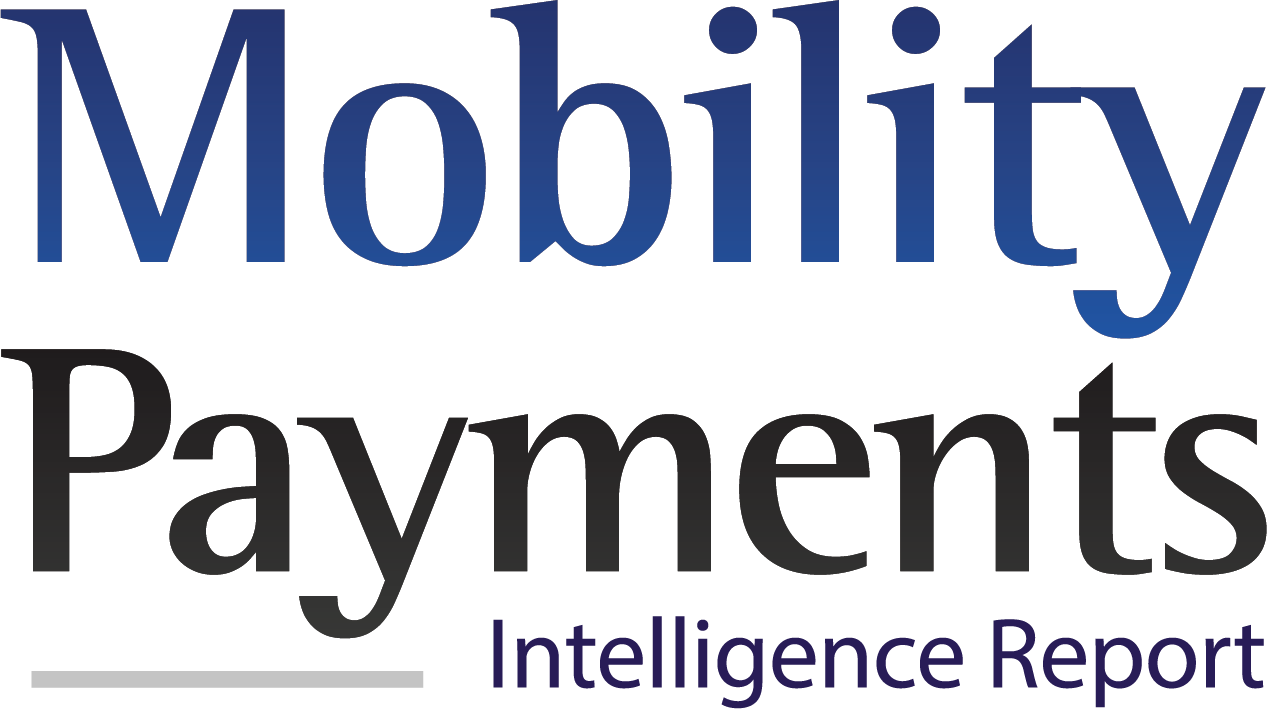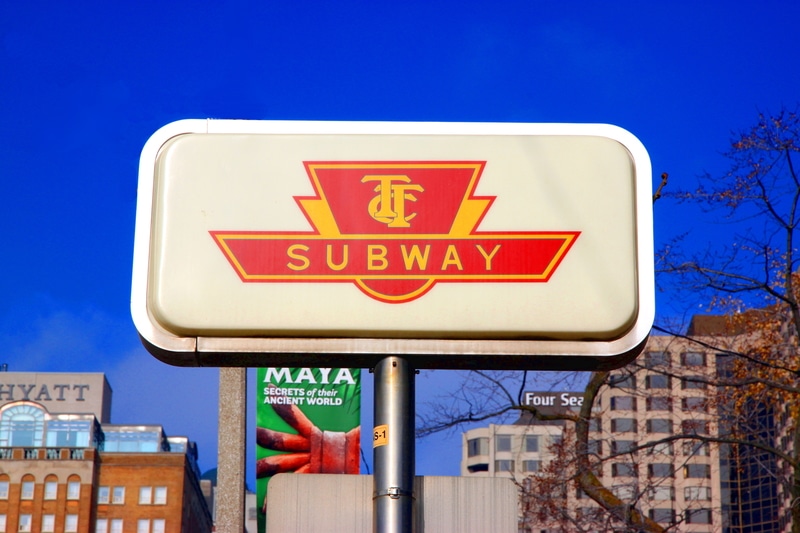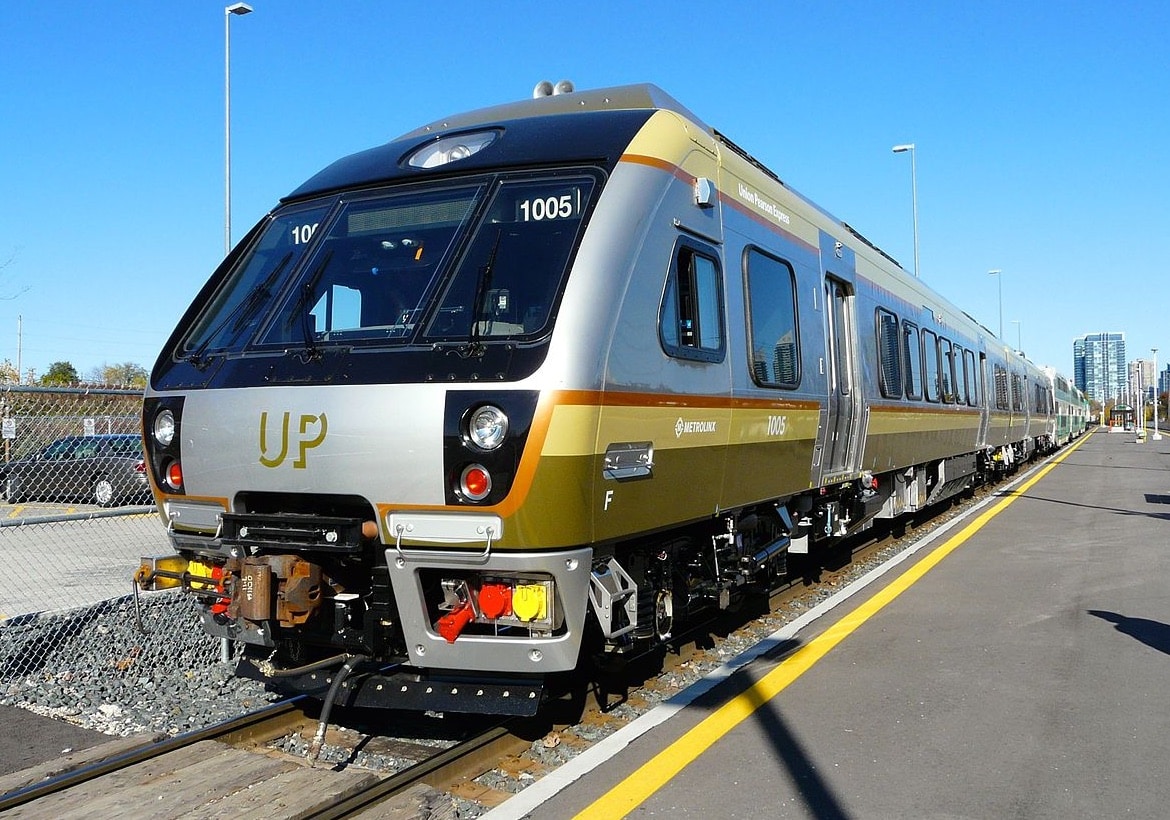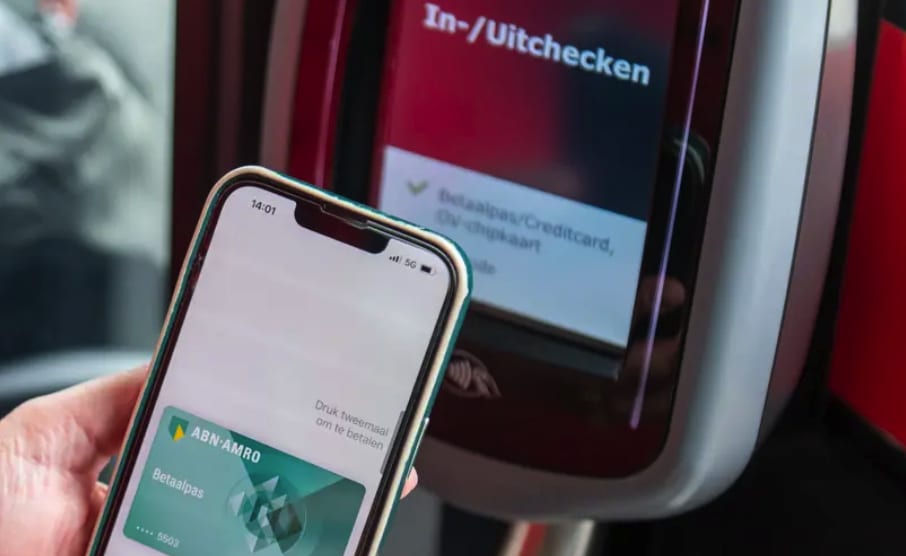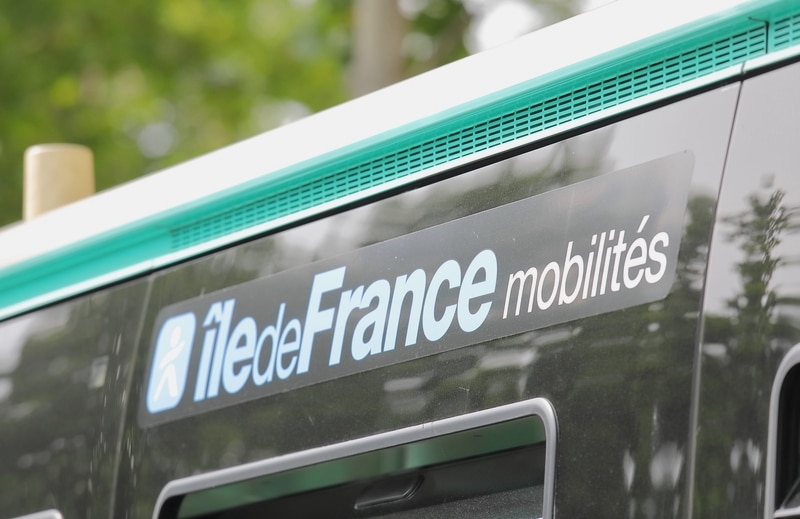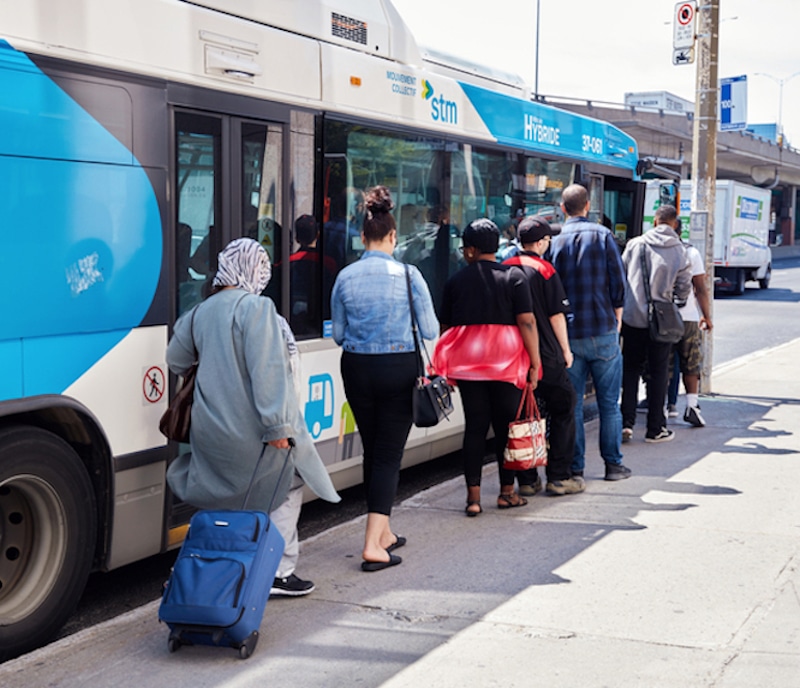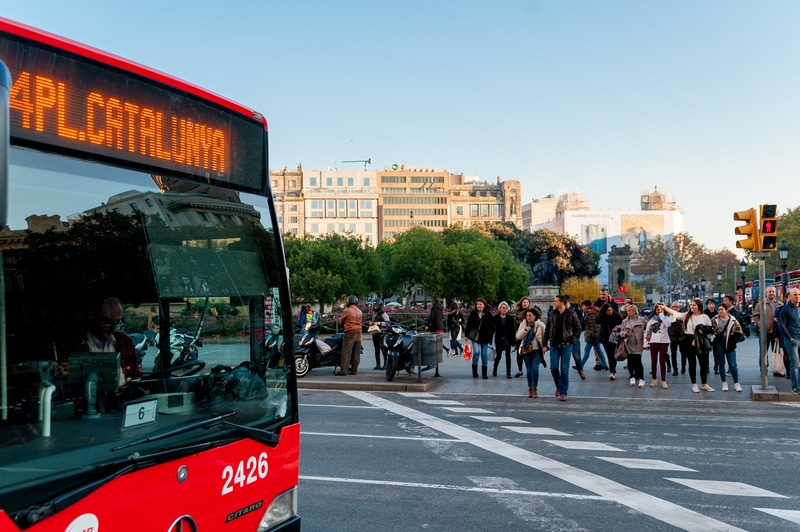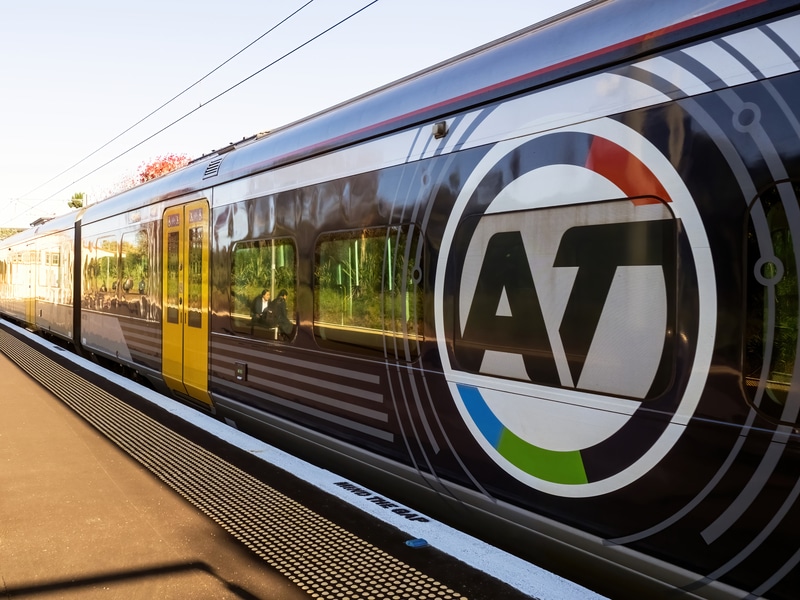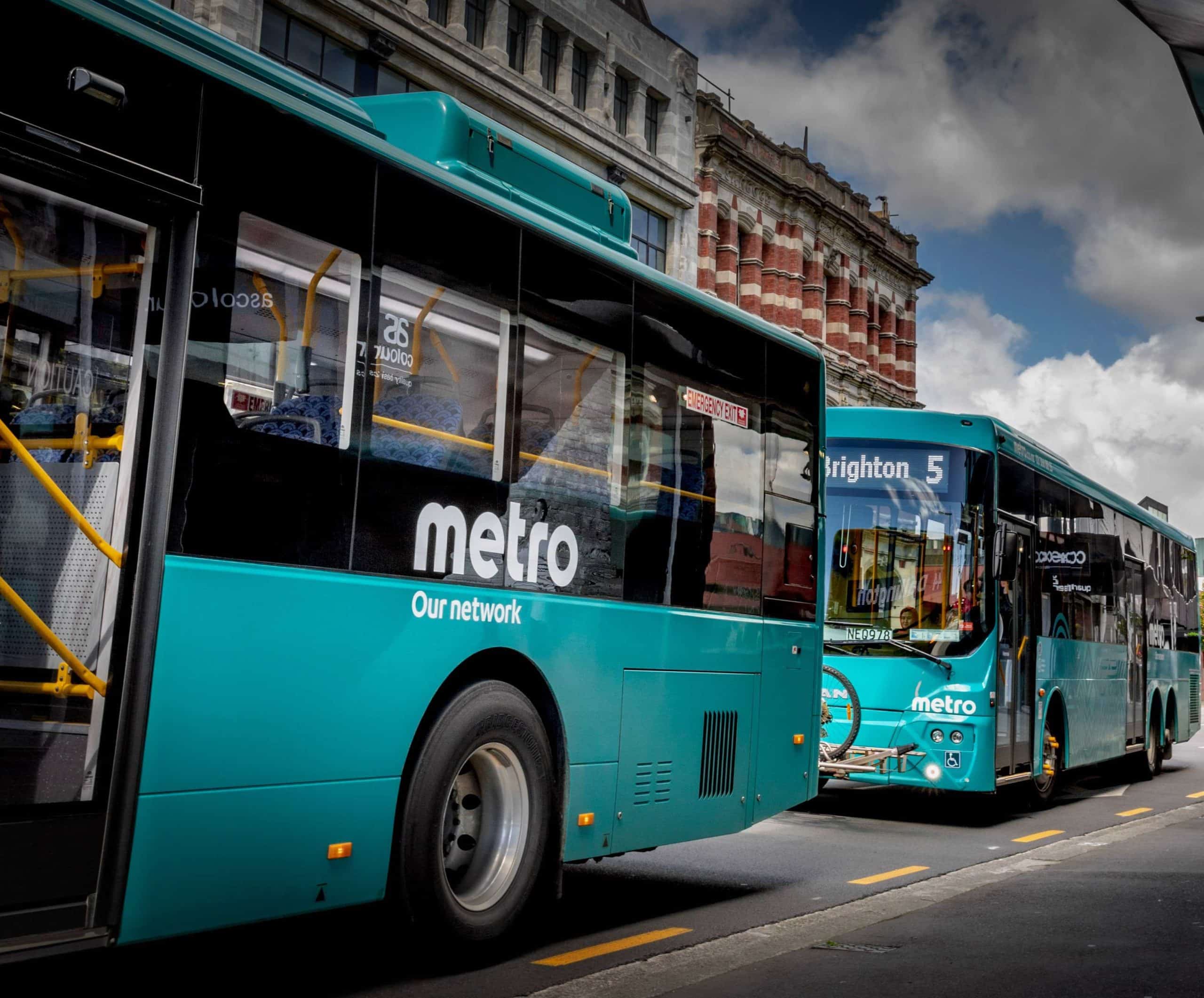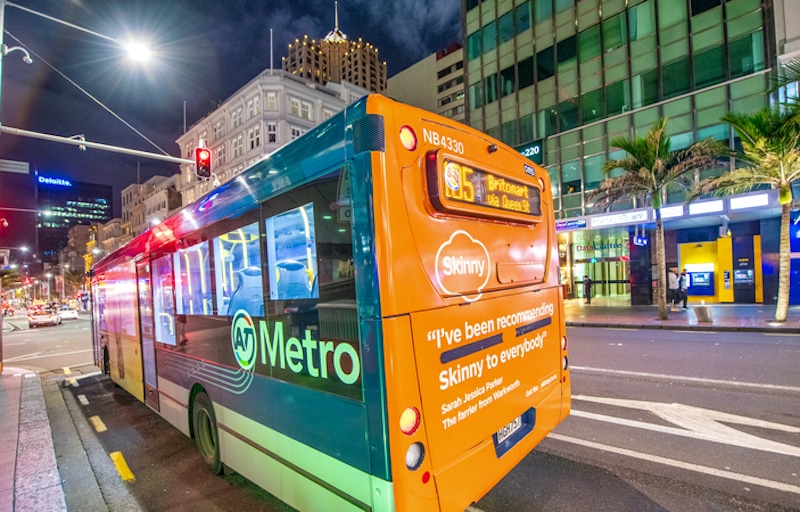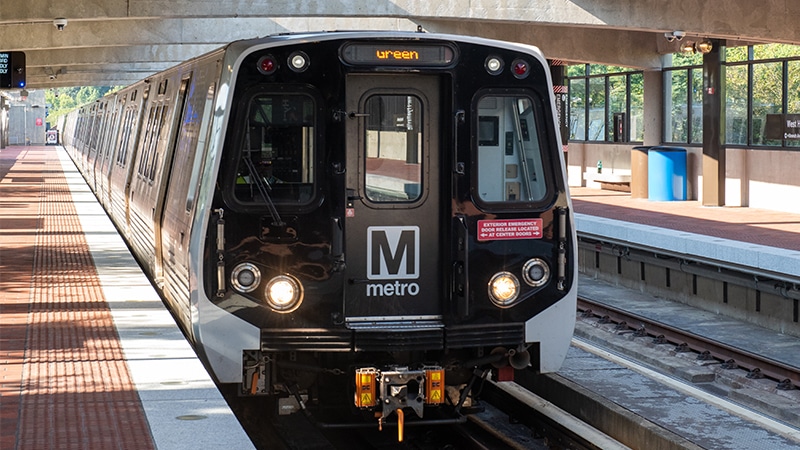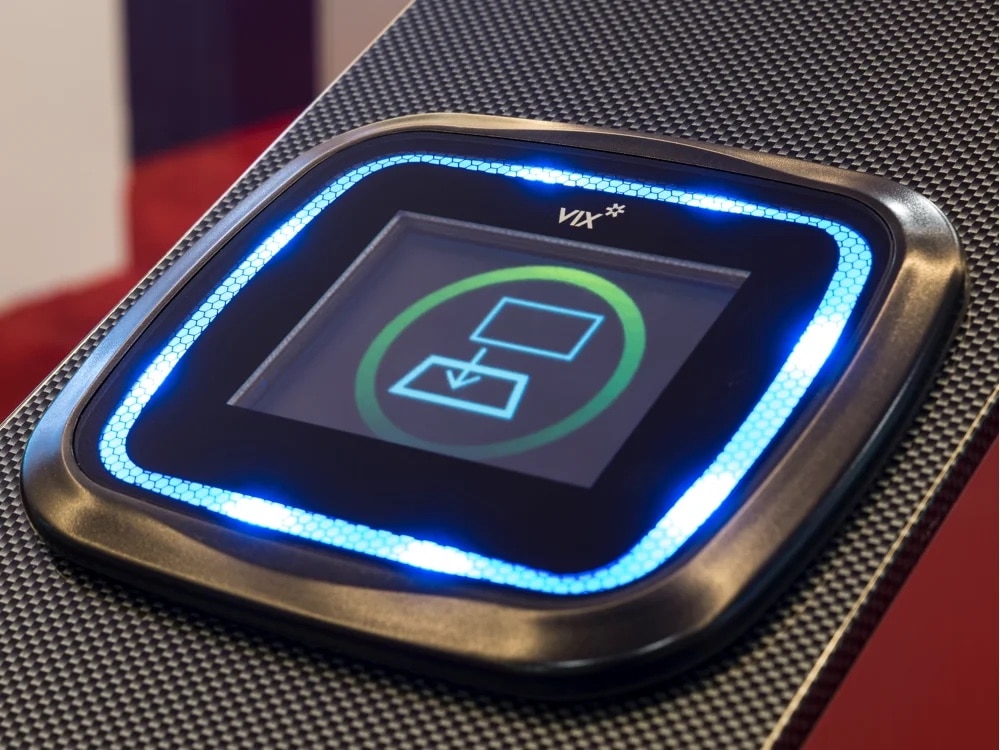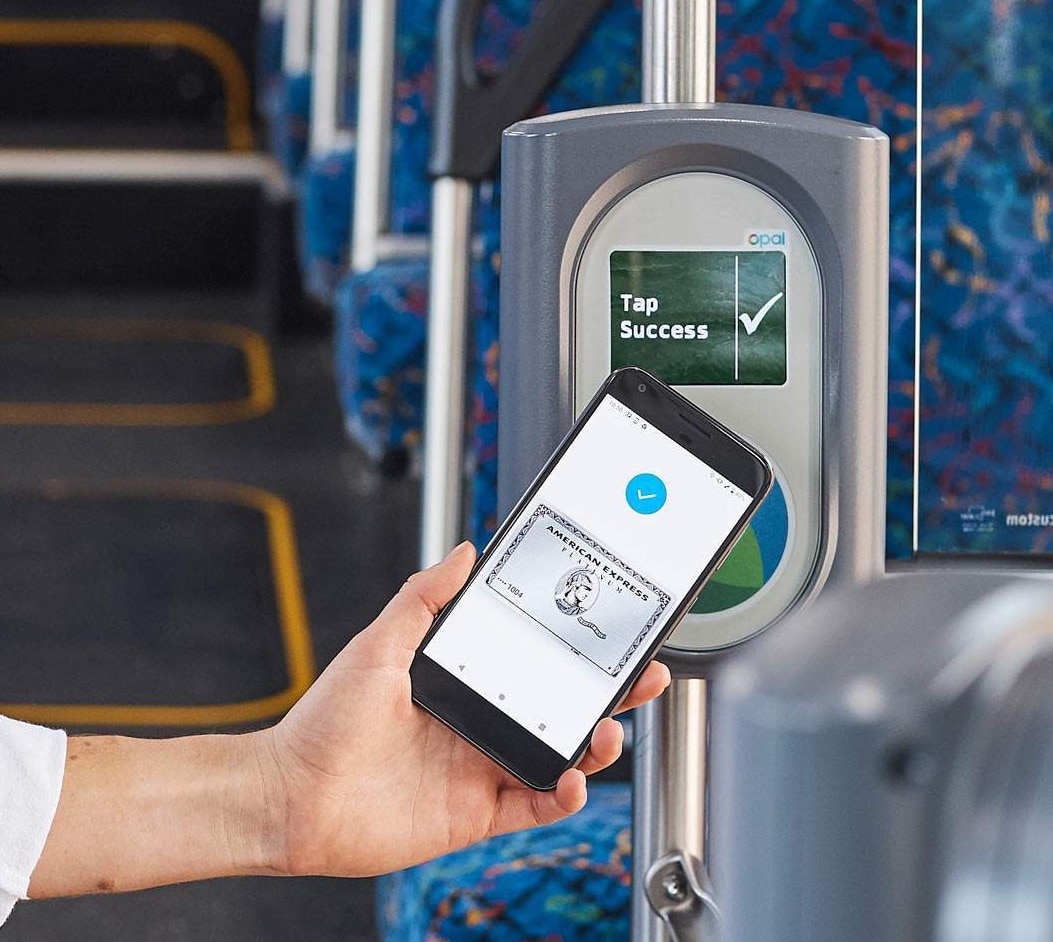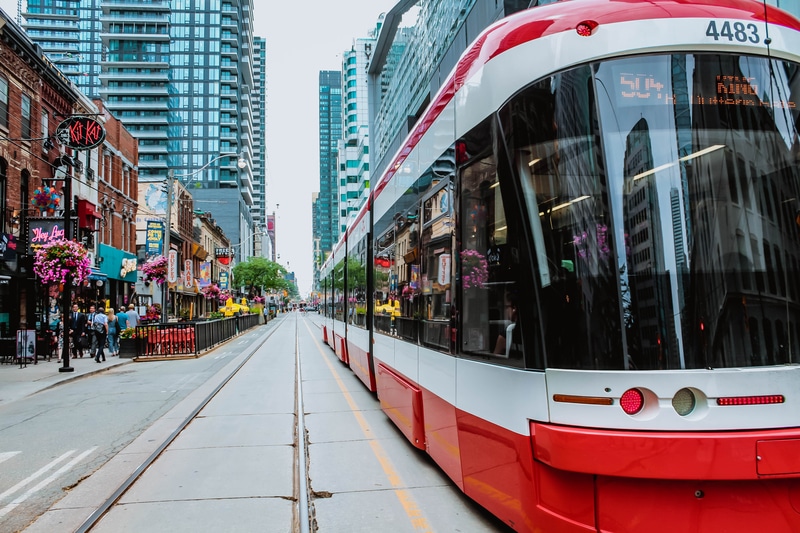
Article Highlights
Canada’s largest public transit agency, the Toronto Transit Commission, or TTC, launched open-loop payments today on its buses, streetcars (trams) and four-line metro, after years of delays. TTC is pricing fares paid for with credit and debit the same as for closed-loop Presto, although open loop is available only to pay single fares.
Riders tapping credit and debit pay the same fares as they do with cash in Vancouver, at CA$3.15 (US$2.34), compared with CA$2.55 with Compass for zone 1. The difference between the cash price and closed-loop is much larger in Vancouver than in Toronto. In Toronto, the cash fare, at CA$3.35 (US$2.48) is only 1.5% higher than the Presto and open-loop payments fare.
• TTC (Toronto)
• Metrolinx
• TransLink
Canada’s largest public transit agency, the Toronto Transit Commission, or TTC, launched open-loop payments today on its buses, streetcars (trams) and four-line metro, after years of delays.
